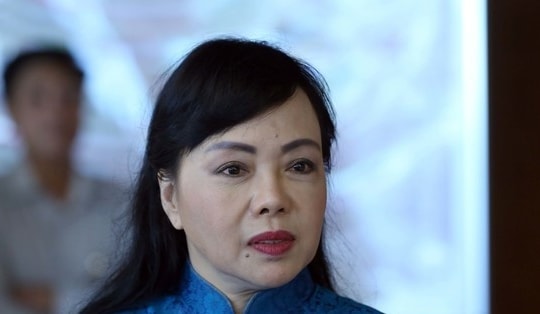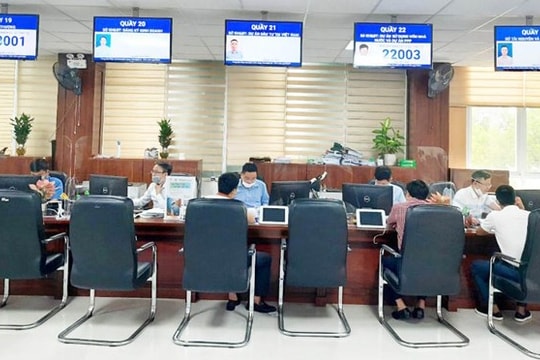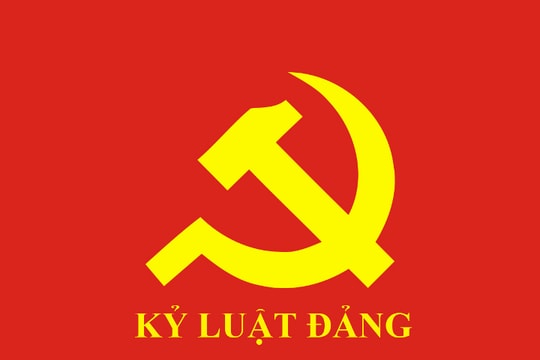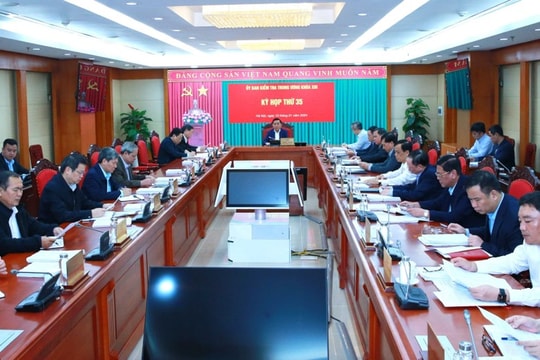Is it necessary to collect position allowances when handling retired officials who violate regulations?
Delegates raised the issue of not only disciplining retired officials who violate the law, but also needing to recover all the policies and regimes that these subjects enjoy.
On the afternoon of June 10, the discussion session on the draft Law amending and supplementing a number of articles of the Law on Cadres, Civil Servants and the Law on Public Employees recorded many opinions of National Assembly deputies regarding the proposal to add regulations that cadres and civil servants, after leaving their jobs or retiring, must still be responsible for their violations during their working time.
Removing a position title is essentially just "removing the name"
Considering that the nature of disciplinary action against retired officials and civil servants who are newly discovered to have committed violations during their working time is retroactive, delegate Mong Van Tinh (Nghe An delegation) proposed considering legalizing the removal of position qualifications.
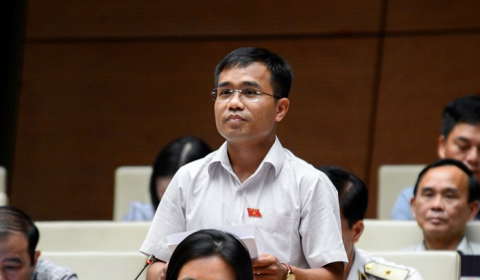 |
| Delegate Mong Van Tinh, Nghe An delegation. Photo: Quochoi.vn |
"If we only remove the position title we have held, it is essentially just "removing the title", but more importantly, will the accompanying policies and regimes such as allowance coefficients, bonuses and some other regimes that the cadres have enjoyed be collected?" - the delegate raised the question.
According to the delegate of Nghe An, the removal of the position held will also affect the decisions and documents that the cadres and civil servants have signed since the time of the violation. If this provision is legalized, it means that the legal value of the decisions and documents signed by the cadres, civil servants and public employees while they were in office will no longer be valid.
"If the disciplinary measure is to remove the position held at the time of the violation, it is recommended to fully handle the policies that the subject has enjoyed," said Mr. Mong Van Tinh.
Delegate Trieu Thi Huyen (Yen Bai delegation) also said that it is necessary to consider more issues regarding the time limit, statute of limitations, form of handling, order, procedures, and the relationship between disciplinary action against this subject and administrative and criminal responsibilities.
Delegates proposed to consider separating the disciplinary action against retired or resigned officials and civil servants into a separate article to provide specific, clear, and detailed regulations.
In addition, the form of removing the position qualification needs to be studied, reviewed and re-regulated or can be replaced by forms such as cutting or depriving the political and material benefits that the person is still enjoying when retiring, then the meaning and deterrent effect will be more practical.
If disciplined upon retirement, is the signed document still valid?
Sharing the same view, delegate Nguyen Thi Phuc (Hung Yen delegation) also said that the disciplinary action against retired officials and civil servants shows that there are no forbidden areas, and is a strict sanction to promote the fight against corruption, eliminate degraded and degenerate officials, and clean up the team.
However, the female delegate expressed concern about whether legal documents signed by officials and civil servants during their previous working period, after being disciplined, are still valid or not? What regulations should be put in place to avoid harm to those affected by such documents?
“What if the officer is sick and seriously ill and cannot participate in the disciplinary process? This needs to be regulated more clearly and the forms of discipline need to be specified to ensure they are consistent with reality,” said a delegate from Hung Yen.
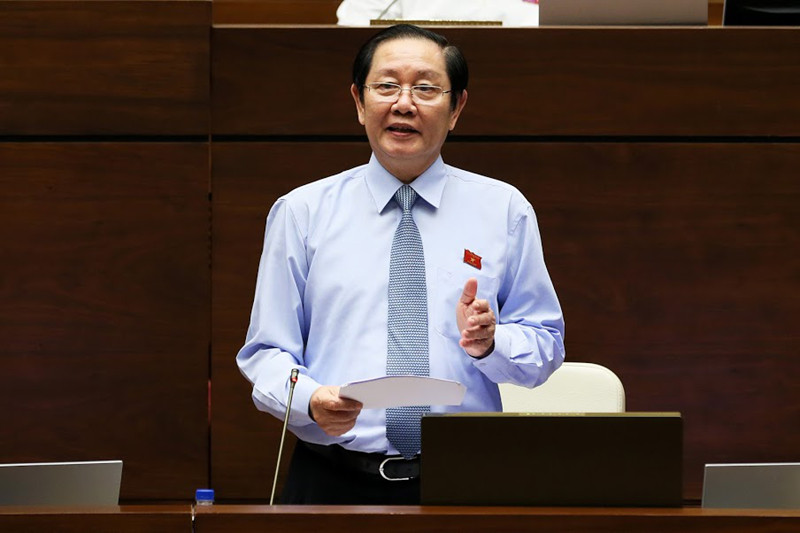 |
| Minister of Home Affairs Le Vinh Tan explained the issues raised by delegates. |
Explaining the issues raised by delegates, Minister of Home Affairs Le Vinh Tan said that this Draft provides a separate provision applicable to other subjects, not stating that they are civil servants.
Many opinions agree that officials who commit violations while still working must be punished. However, some delegates also believe that such a scope is too broad, only those with positions and authority will be punished.
“The law stipulates that even if civil servants commit violations while still working, they will still be considered and handled equally when they retire. We will continue to research this issue to ensure the strictness of the law and the legality of disciplinary measures after they have stopped working and retired,” said Mr. Le Vinh Tan./.

